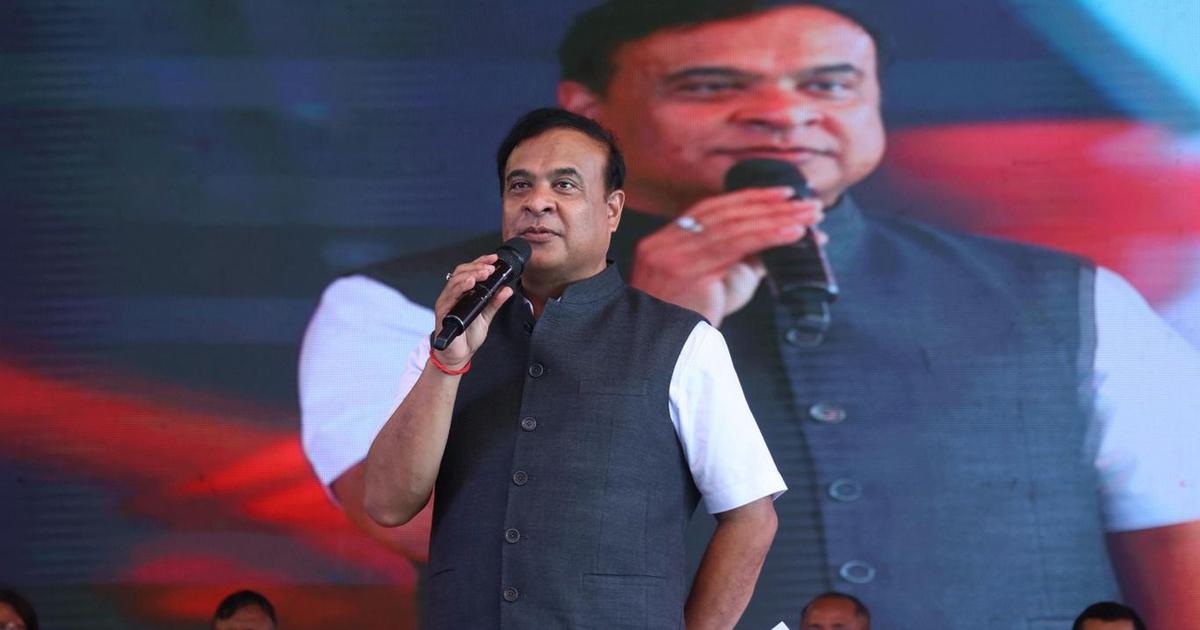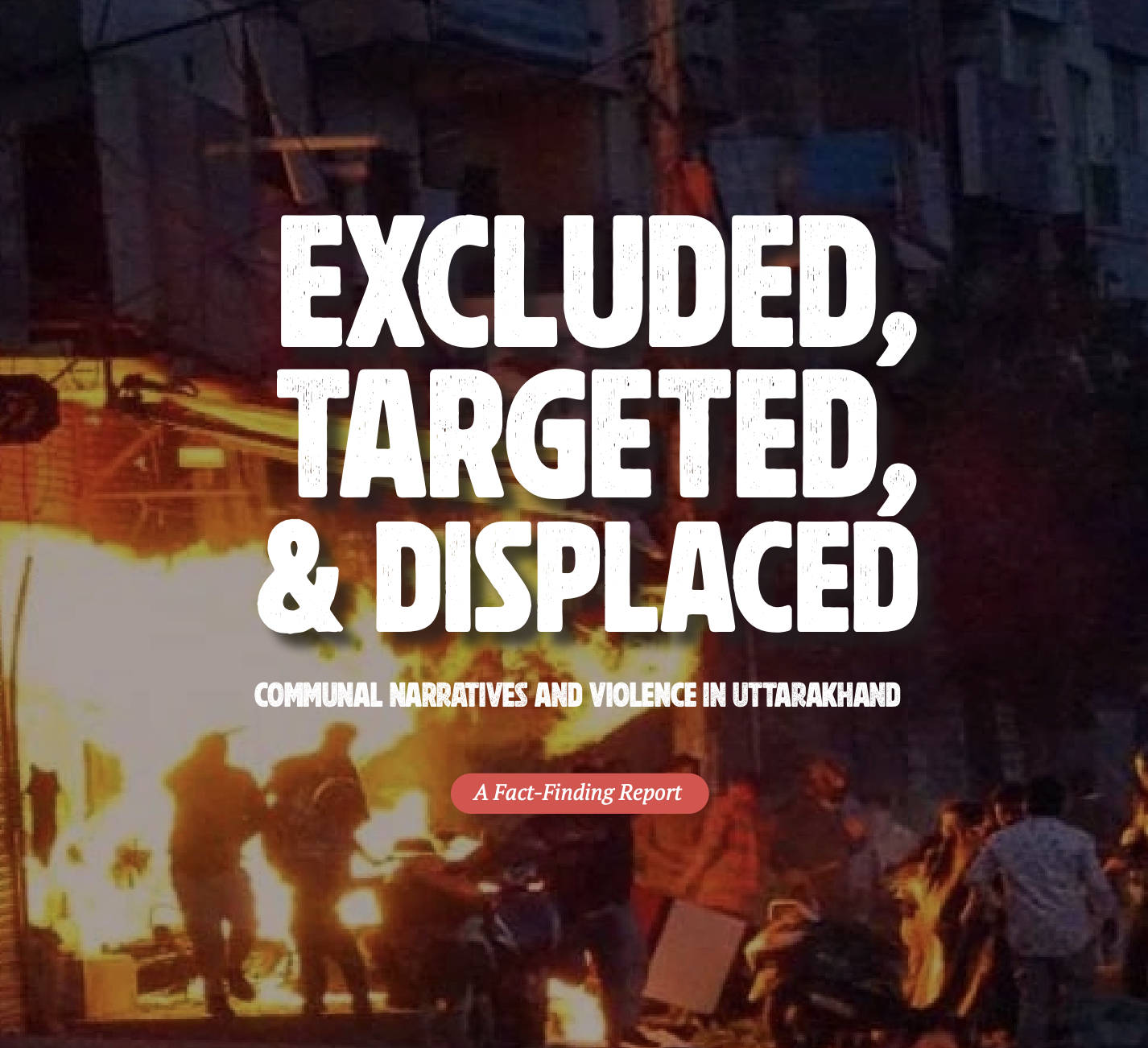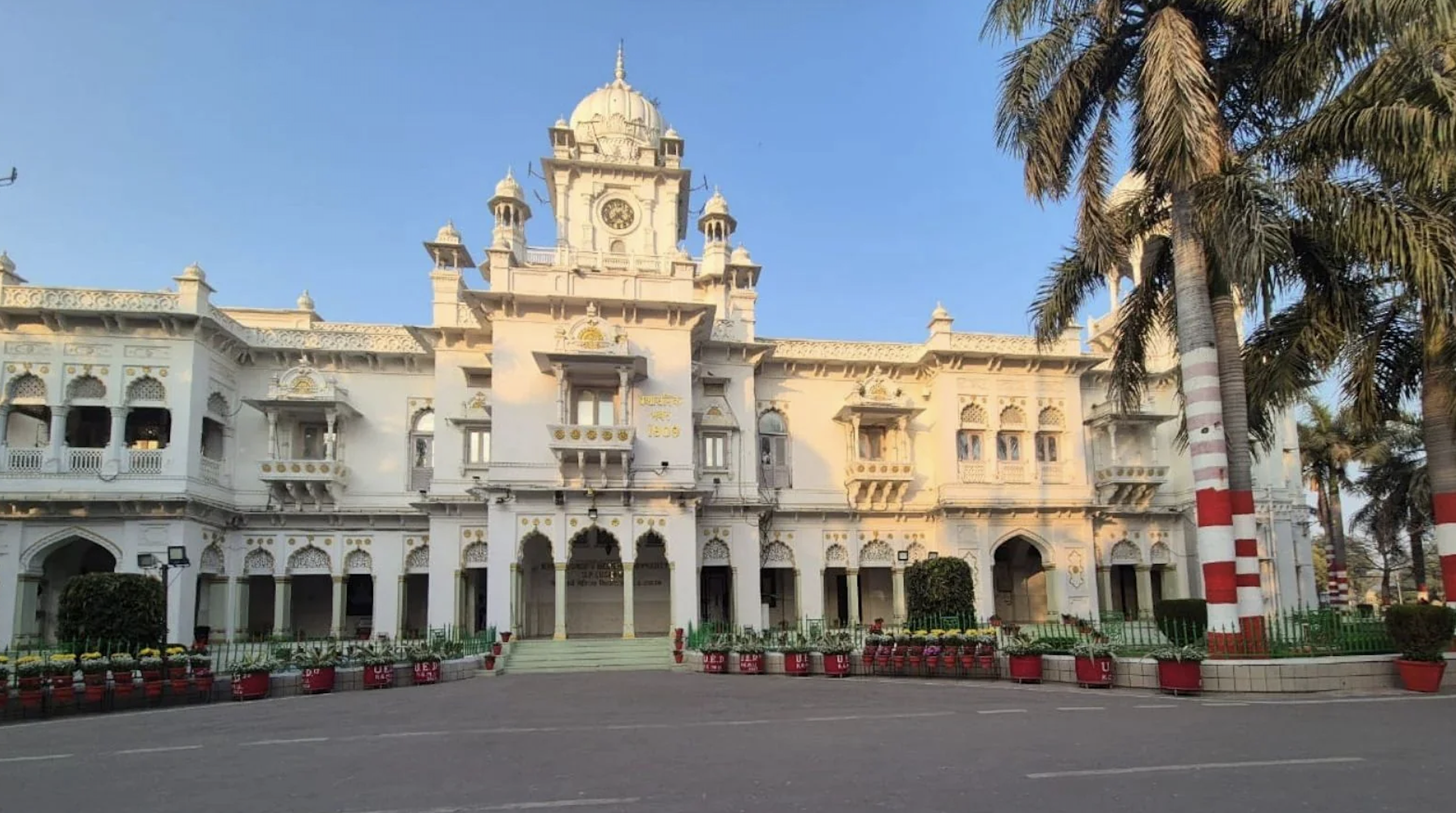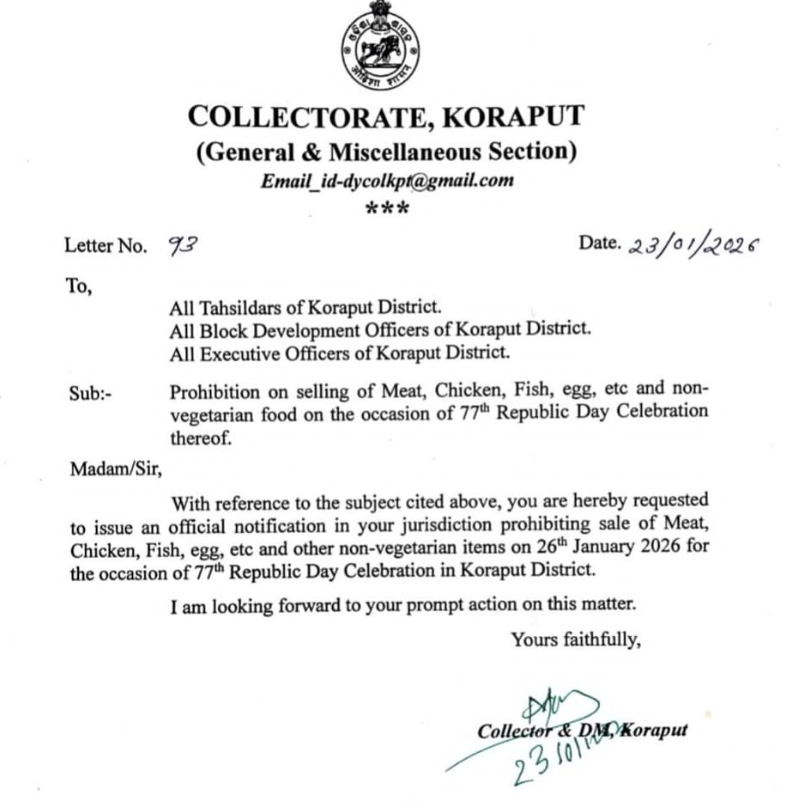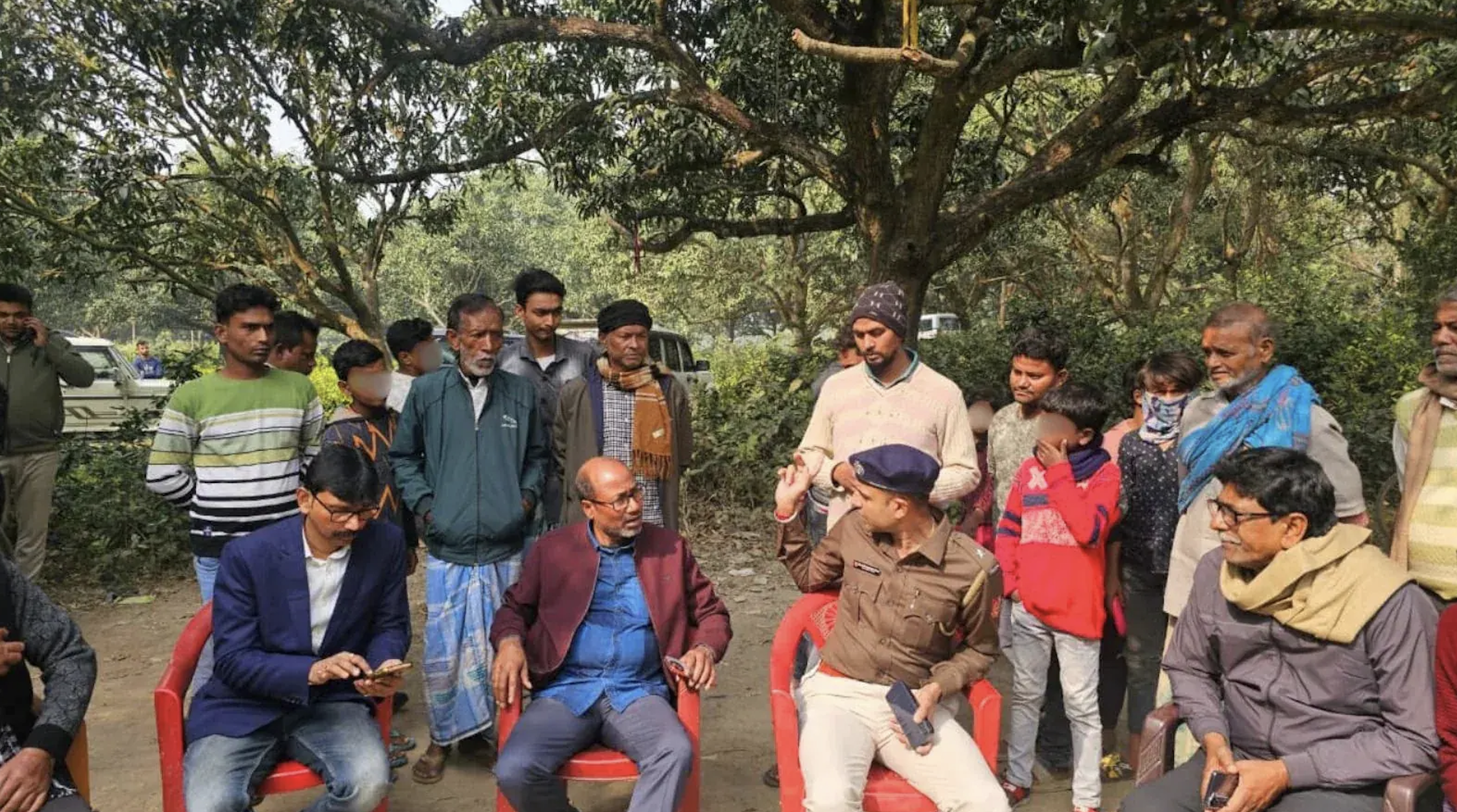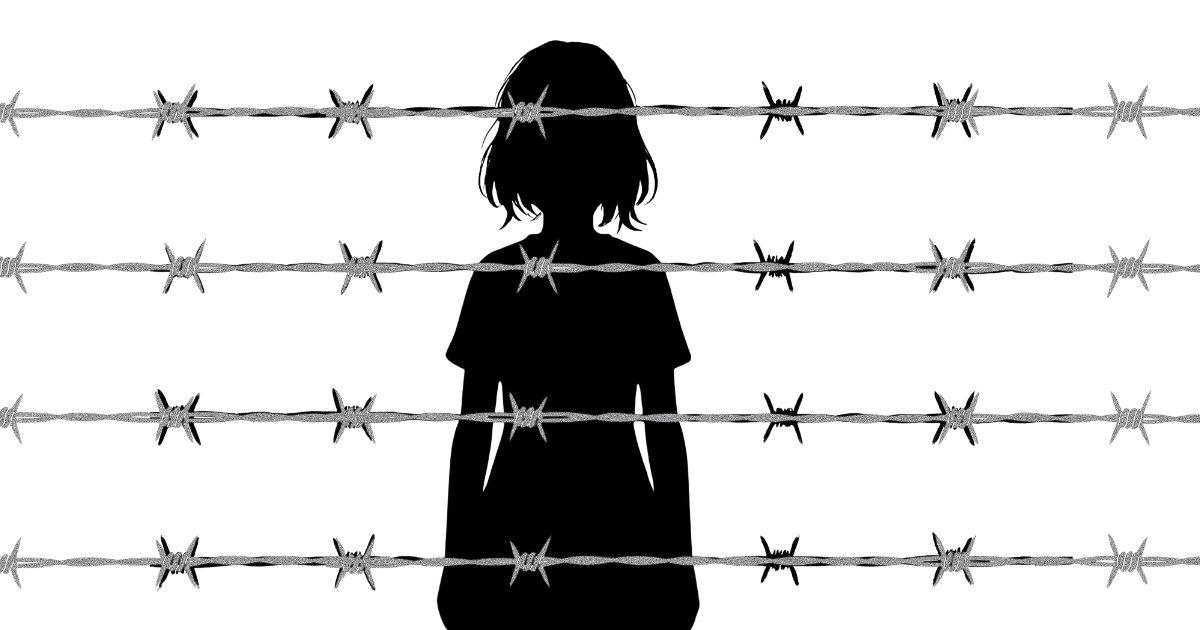
The Union government successfully appealed a progressive Delhi High Court ruling that could have eased the path to citizenship for children born in India to foreign nationals.
A two-judge bench of the High Court on July 14 set aside the reasoning of a single-judge bench from May 2024. The earlier order had offered a wider interpretation of who qualifies as a “person of Indian origin”, a key criterion for attaining citizenship by registration. It has also held that a person born in India, even if to non-Indian parents, could not be seen as an “illegal immigrant”.
Citizenship by registration is a process under the Citizenship Act, 1955 that allows the government to grant citizenship to certain eligible individuals, such as those of Indian origin or married to Indian citizens, after they formally apply and meet specified residency requirements.
The Union Home Ministry had appealed against the May 15, 2024 order. It argued that the judge’s interpretation would “open floodgates for many other illegal migrants in seeking Indian citizenship”. It also said the ruling would “dilute the spirit of the Citizenship Act”.
While the specific petitioner in the case was granted citizenship, the two-judge bench’s decision has closed a potential legal pathway for others in similar situations. The case highlights the government’s rigid stance on citizenship, even for children who have known no other home but India.
A girl without a country
The case centred on Rachita Francis Xavier, a 17-year-old born and raised in Andhra Pradesh. She had never left India.
Her parents were born Indian citizens but acquired US citizenship. Her father became a US citizen in 2001 and her mother in 2005. Rachita was born in 2006. At the time of her birth, her parents were legally residing in India as Overseas Citizens of India cardholders.
This story was originally published in scroll.in. Read the full story here.


